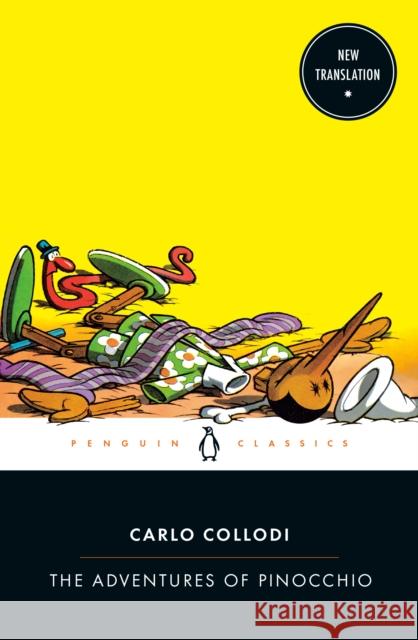The Adventures of Pinocchio » książka
topmenu
The Adventures of Pinocchio
ISBN-13: 9780143136095 / Angielski / Miękka / 2021 / 224 str.
The Adventures of Pinocchio
ISBN-13: 9780143136095 / Angielski / Miękka / 2021 / 224 str.
cena 55,31
(netto: 52,68 VAT: 5%)
Najniższa cena z 30 dni: 55,19
(netto: 52,68 VAT: 5%)
Najniższa cena z 30 dni: 55,19
Termin realizacji zamówienia:
ok. 8-10 dni roboczych.
ok. 8-10 dni roboczych.
Darmowa dostawa!
Kategorie:
Kategorie BISAC:
Wydawca:
Penguin Books Ltd
Język:
Angielski
ISBN-13:
9780143136095
Rok wydania:
2021
Ilość stron:
224
Waga:
0.18 kg
Wymiary:
19.3 x 12.95 x 1.78
Oprawa:
Miękka
Wolumenów:
01
Dodatkowe informacje:
Bibliografia











